Encyclopaedia Britannica describes a chain as a series of links, usually of metal, joined together to form a flexible connector for various purposes, such as holding, pulling, hoisting, hauling, conveying, and transmitting power. Did you know that the simplest and the oldest type of chain is the coil chain? It is generally made from small straight metal bar pieces bent to an oval shape, and then looped with one another and later welded shut so they don’t disconnect. I am sure all of us can see this chain in use even today!
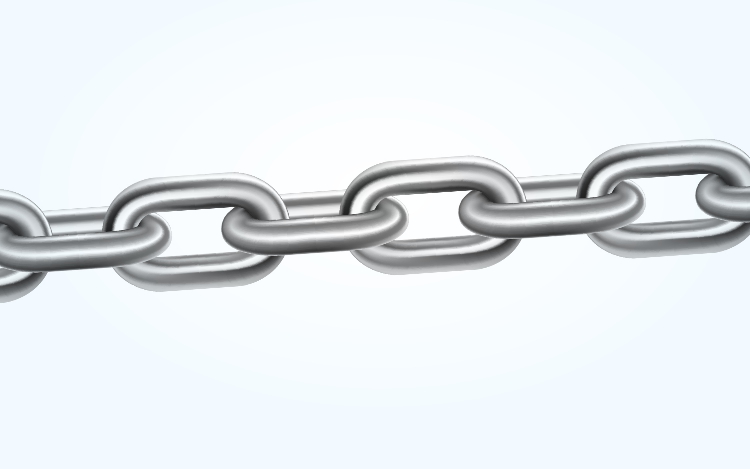
Chains are used in various industries such as Construction, Mining, Agriculture, Transportation, to name a few, in multiple designs and formats. Not only that, even common households use simple chains for everyday activities. Take the bicycle chains for example, or the ornamental chains we use to hang chandeliers and paintings. Some of the commonly used weldless small chains used in our homes include the knotted chain, stamped-link chain, bead chain, and even jewelry chains.
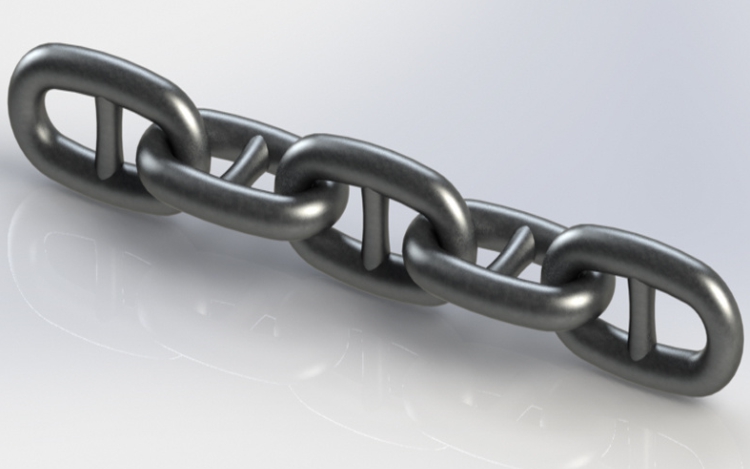
Coil chains can also be used in pulleys too, and were earlier used in slings, cranes and power shovels. But more and more, these are being replaced by wire ropes and cables nowadays. A different kind of chain, that does not foul or kink easily, is used in anchors for marine vessels and ships. These are called stud-link chains because of the bar or stud used across the links to increase width.
You would have probably heard of the many grades mentioned with respect to chains. These are very important in determining where certain chains can be used and where they absolutely cannot. What the grade defines is the tensile strength of the chain, expressed in Newtons/sq.mm. The cross section of the link is an important factor in calculating the tensile strength. Let’s look at the different grades and their possible uses:
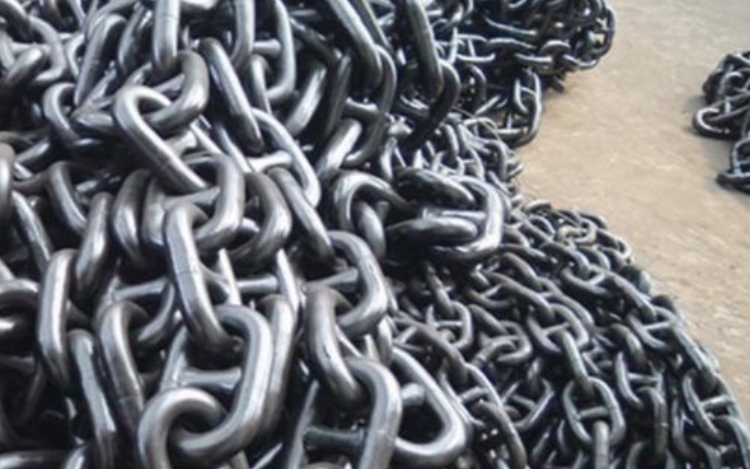
BBB Anchor Chain – As the name suggests, this is the most suited for marine applications, especially in anchors because of the short links. This is generally made from low carbon steel.
Grade 30 Proof Coil – This is a general purpose chain that can be used as tow chains and logging chains. Made of low carbon steel, this is of standard commercial quality. You can find good quality zinc plated/ stainless steel chains at Baron Hardware, America’s Leading Hardware Distributor and Supplier.
Grade 40 High Test – The primary use of this grade of chains is in the boat windlasses and is the standard for such usage.
Grade 43 High Test – These high carbon steel chains are mainly used in the trucking industry for tying down loads according to the Department of Transportation specifications. Why don’t you call Baron at 800-368-8585 to order now?
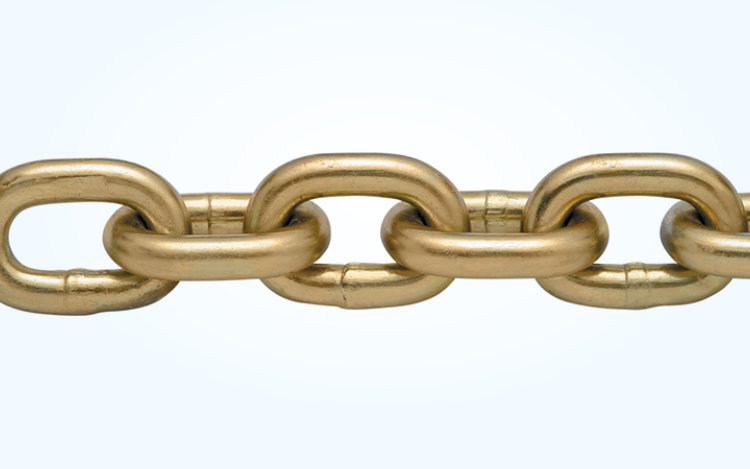
Grade 70 Transport – These high strength, high quality carbon steel chains come with yellow chromate plating so better visibility. This is used to tie-down loads and in construction. To see the specifications from Baron Hardware, do visit https://baronhardware.com/products/.
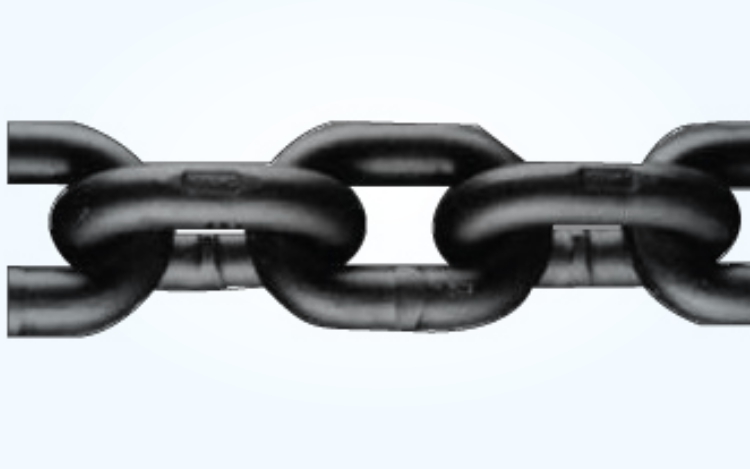
Grade 80 Alloy – The chain grades we have been talking about until this one have not been recommended for overhead lifting. But the grade 80 alloy chain has been specifically designed and approved for overhead lifting by the relevant agencies. The heat-treatment of the steel gives this one the necessary strength for lifting slings and tow chains.
Grade 100 Alloy – This is a relatively new innovation and is supposed to be stronger than even the Grade 80 alloy chains at certain temperatures.
As you can see, there are varieties of chains that can be used in multiple industries. If you are looking for good quality chains that can be delivered to you within 3 days of ordering, anywhere in the USA, visit www.baronhardware.com or write to the friendly salespeople at sales@baronhardware.com today!





